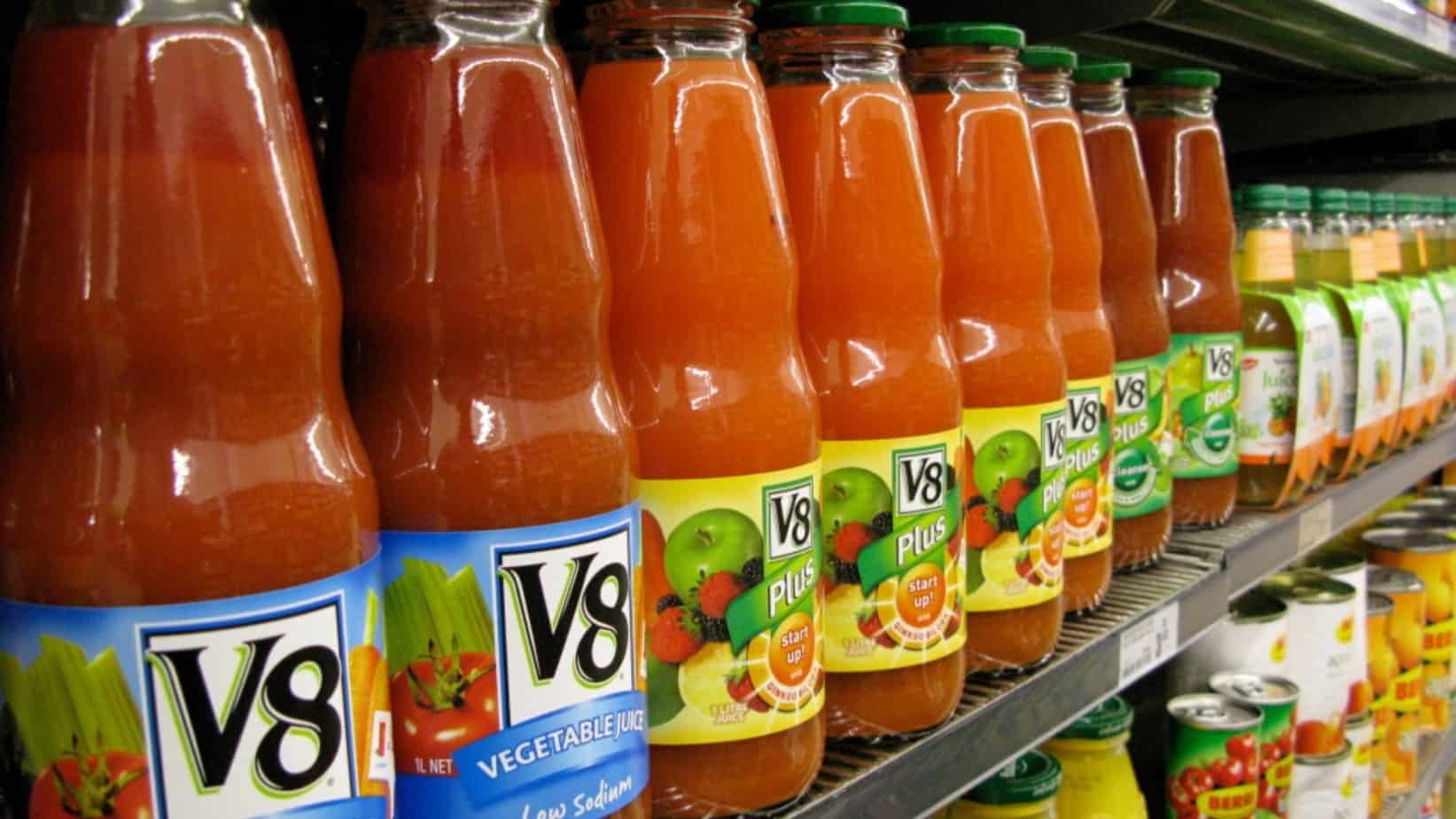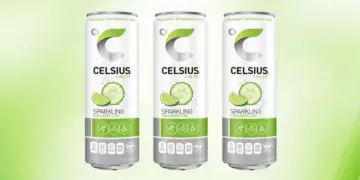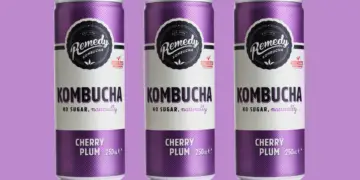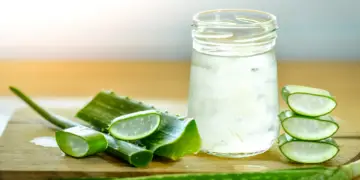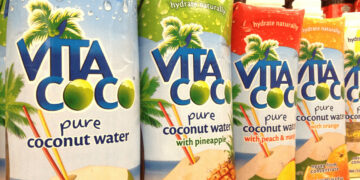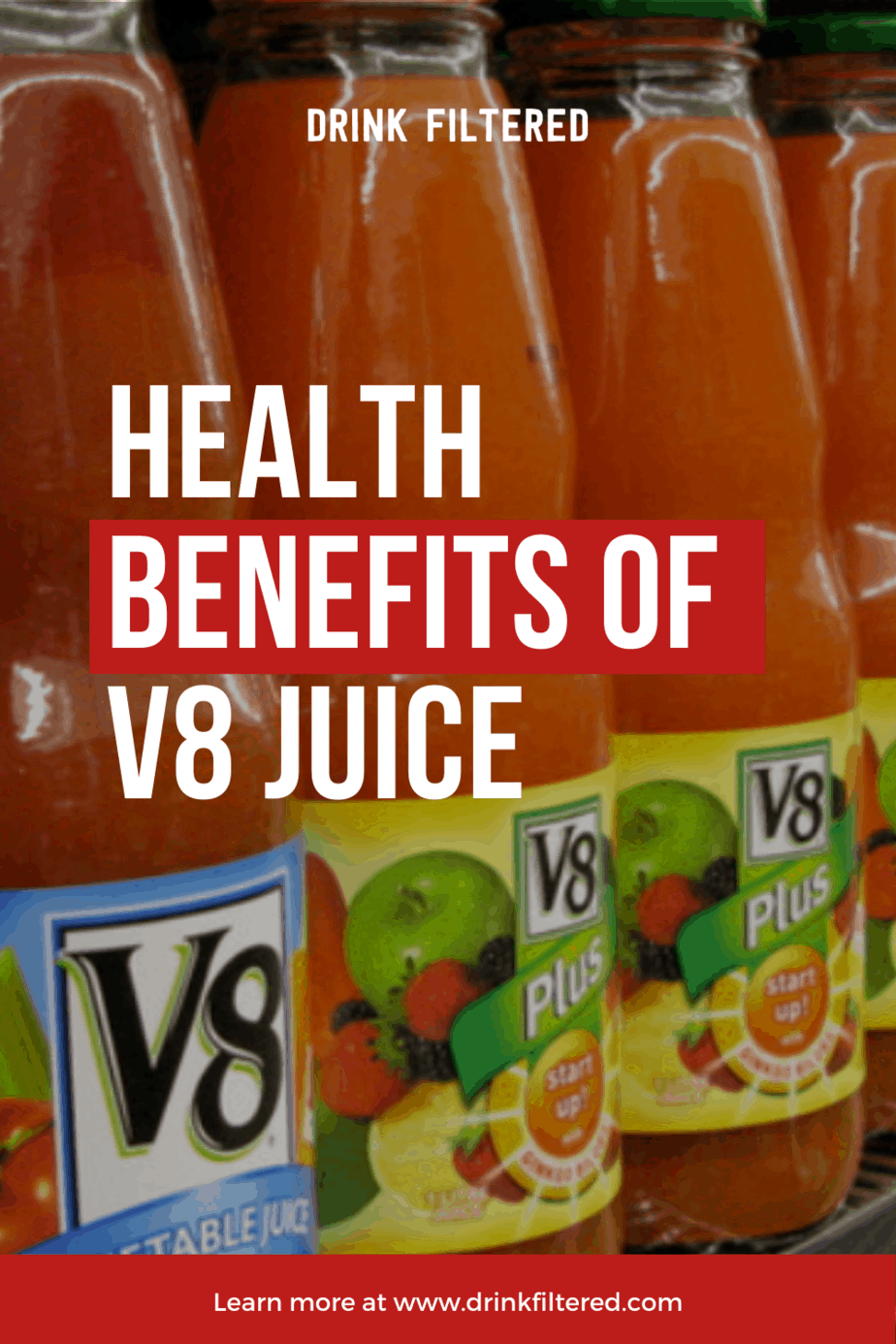With celebrity endorsements and huge marketing campaigns, it’s easy to see why juice has taken off among health aficionados and consumers.
Many people assume that while fruit juices are tasty, vegetable juice, which is often an acquired taste, is where you see the real health boost. Are they right? Just how healthy are vegetable juices?
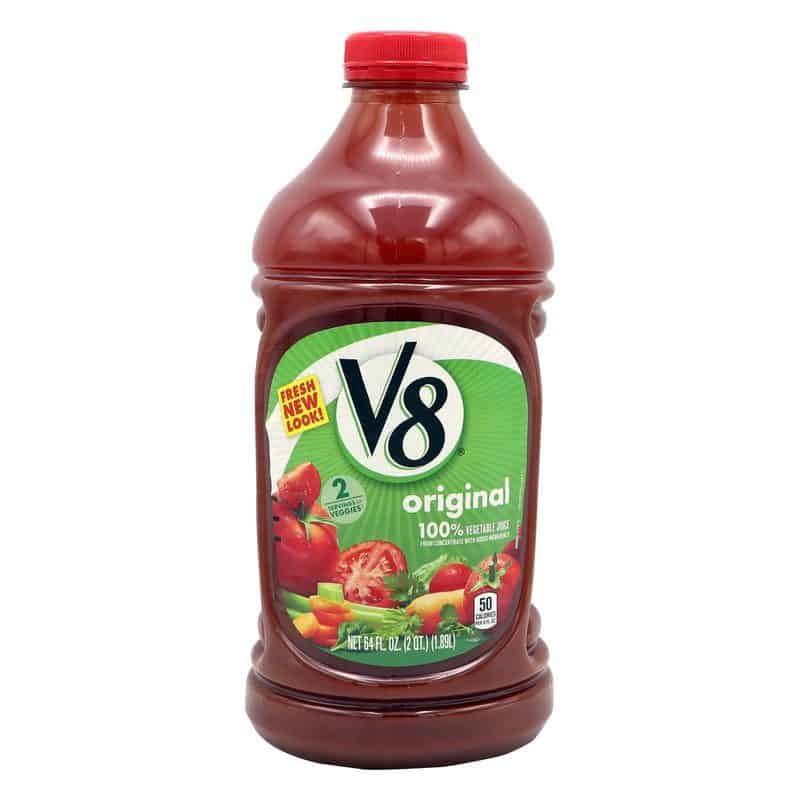
What is V8?
V8 is a well-known juice brand that produces fruit and vegetable-based beverages.
The drink was developed in 1933 and it takes its name from the eight vegetables that are combined in their original recipe. The V8 brand has since grown from it humble beginnings, and is now owned by the Campbell Soup Company.
The traditional version of V8 is a tomato-based beverage. Today, several other versions are available on the market. In general, the standard formulation of the drink contains:
- Tomatoes
- Carrots
- Beets
- Celery
- Lettuce
- Parsley
- Spinach
- Watercress
What are the Benefits of V8?
V8 contains healthy ingredients and no added sugars. The array of vegetables that are used in V8 contain healthy nutrients that provide several health benefits.
A quick rundown of the nutrition facts on that adorable 5.5 ounce can:
- Calories 30
- Total Fat 0 grams
- Cholesterol 0 grams
- Sodium 440 milligrams
- Total Carbohydrate 6 grams
- Dietary Fiber 1 gram
- Total Sugars 5 grams
- Protein 1 gram
You’ll also find a range of vitamins in the beverage.
Vitamin A
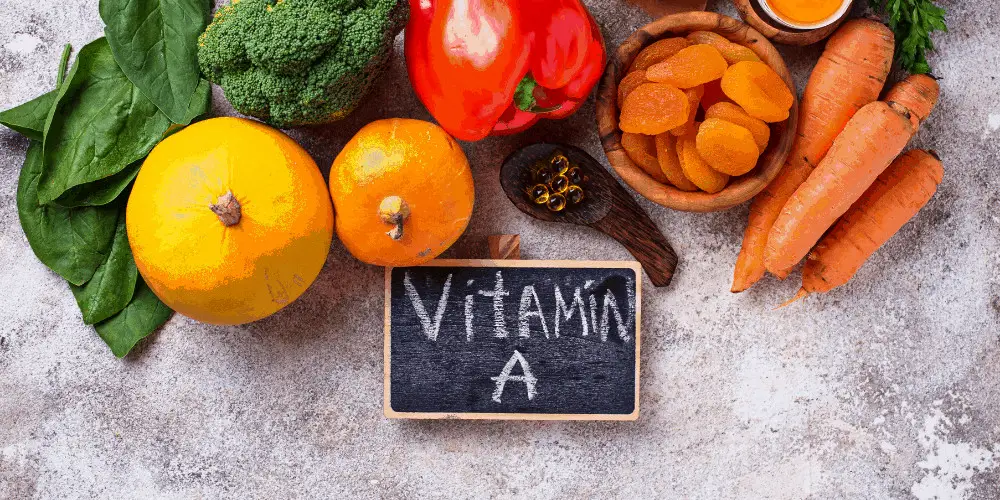
The same 5.5 ounce can provides 15% of an adult’s daily vitamin A requirement. Vitamin A is a crucial vitamin that’s found in a range of foods. It helps to support vision, a healthy immune system, and a healthy reproductive system. This important nutrient contributes to the healthy functioning of many organs.
Vitamin C
V8 is a good source of vitamin C, with a 5.5 ounce can containing 60% of the recommended daily intake. Vitamin C is an extremely important nutrient that aids in growth, development, and tissue repair. It can also help to support a strong immune system.
Potassium
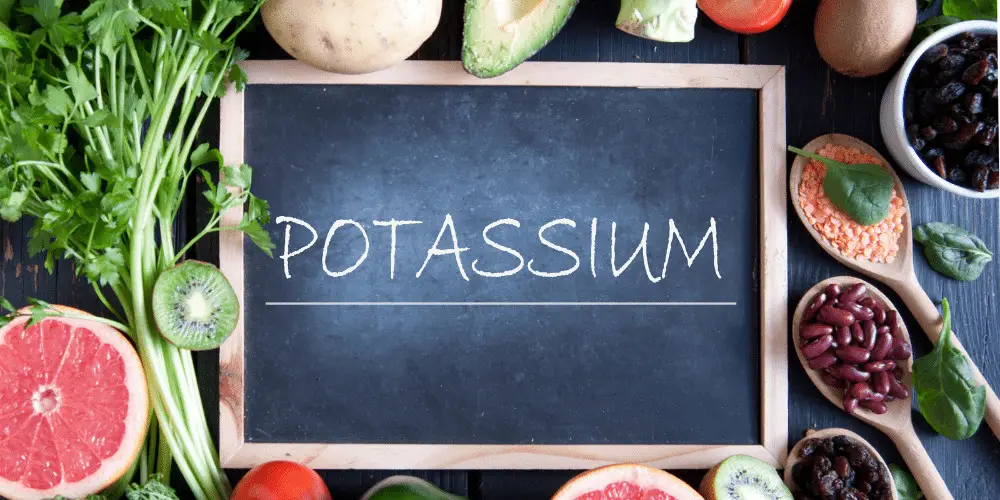
Many V8 products contain a relatively high amount of potassium, because many vegetables contain potassium, which can help to regulate high blood pressure, relieve heart disorders, and ease stress and anxiety. Some people follow a low potassium diet if they have certain health conditions such as kidney disease.
Low in Sugar
Compared to other supermarket favorites, V8 is relatively low in sugar. For instance, while V8 has 5 grams of sugar, the same amount of orange juice contains around 15 grams of sugar. This is because vegetables contain less sugar than fruit. Other popular juices may also contain added sugars.
Two Servings of Vegetables Per Glass
The original V8 juice is touted as containing two of your five servings of daily vegetables in an 8 ounce glass. However, it’s recommended that no more than one of your daily servings of fruit or vegetables come from juice. V8 remains a great option if you’re looking for a boost to your daily fruit and vegetable intake. This is why the 5.5 ounce can with one serving of your daily vegetables is the perfect size.
What are the Downsides of V8?
As with most things, there are a few downsides, even for the mighty V8 juice. It’s important to keep these in mind before ditching your vegetables.
Pasteurization Removes Some Vitamins
Like almost all juices on the market, V8 undergoes a pasteurization process. While this process removes harmful bacteria and helps to keep the juice fresh for weeks on end, it can also make the juice a little less healthy than it may have once been.
Heat pasteurization is thought to reduce the amount of the healthy components like vitamins, antioxidants, and phytonutrients. It’s important to remember that a juiced and pasteurized fruit or vegetable isn’t necessarily the same as the whole food version.
Lack of Fiber
Whole vegetables contain plenty of healthy fiber. However, this fiber is removed from V8 in the pasteurization and juicing process.
Fiber is a crucial part of our diet:
- It fills us up, preventing us from overeating
- It slows blood sugar spikes
- It helps with digestion
- It promotes regular, healthy bowel movements
- It improves cholesterol levels
Without the much-needed fiber that normally comes from fruits and vegetables, our bodies may run into health problems down the line. For instance, if you completely substitute V8 for all fruits and vegetables in your diet, you risk high blood sugar, poor digestion, and high cholesterol.
For this reason, too much V8, like any juice, can be harmful over time if replacing your intake of whole fruits and vegetables.
High in Sodium
V8 contains added sodium. This is included to add flavor and as a preservative. The original recipe contains 440 mg of sodium. A diet high in sodium can be harmful.
The main risk associated with high sodium is high blood pressure. Salt holds excess fluid in the body, which makes it more difficult for the heart to pump efficiently. Over time, this excess fluid may put you at risk of stroke, heart failure, kidney disease, and other illnesses.
So, Can V8 Be Included In A Healthy Lifestyle?
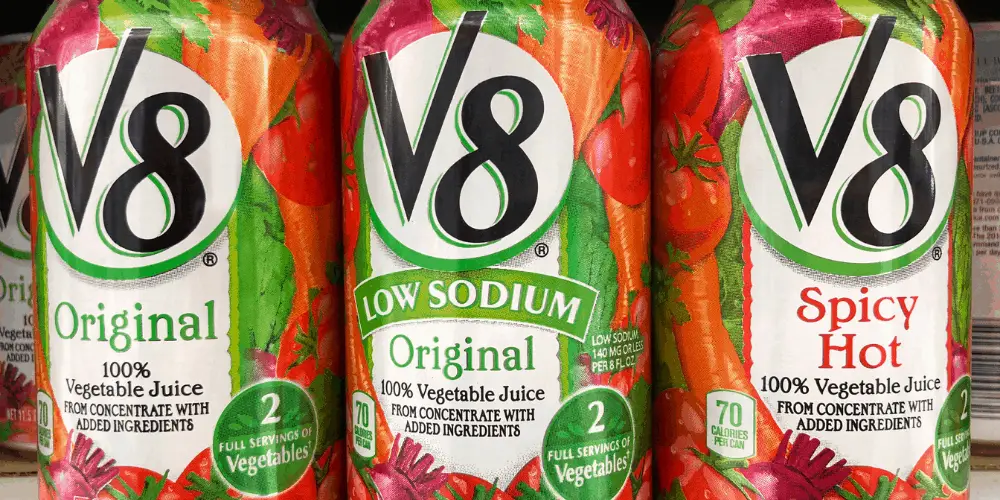
V8 has both pros and cons. While it’s made of a wide range of power house vegetables, the pasteurization and juicing process removes fiber and nutrients, making it inferior to whole vegetables. Whole vegetables and fruits are also not normally a source of added sodium. The added sodium in your diet comes with a few potential health risks such as high blood pressure.
A concern with V8, along with other “healthy” juices, is their marketing strategy. By positioning themselves as super drinks that can replace whole vegetables, many consumers may be under the false impression that drinking V8 means you don’t need to actually eat vegetables. However, without whole foods, we don’t get the fiber we need to function properly.
So, the answer to “is V8 good for you” is this..
Yes, it’s good for you, in moderation and alongside a healthy diet of solid foods. When V8 is consumed as your only source of fruits and vegetables, the beverage effectively makes you less healthy.
Which Types of V8 Are Best?
Campbell’s has come a long way from the Original V8 vegetable juice and now offers a wide variety of flavors. They have made an effort to boost nutrition in their products.
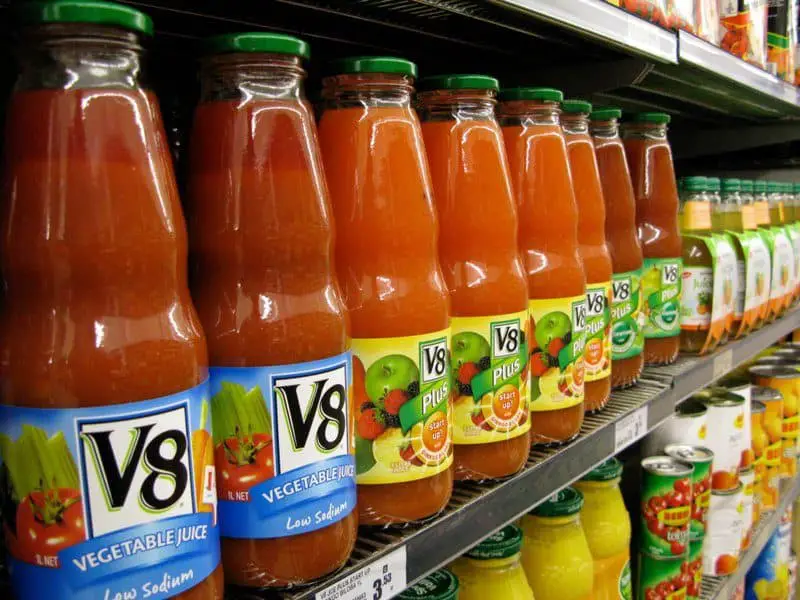
V8 Low Sodium
This version of V8 contains much less sodium than the original. If you’re worried about your salt intake, but you love the taste of V8, this option might be good for you. However, this version still contains little fiber, so it does pose some of the same health risks as the original version when used to replace your whole food vegetable serving.
V8 Essential Antioxidants
V8 Essential Antioxidants juice contains additional vitamins A, C, and E. Vitamin E is excellent for eye health, immune function, and has anti-inflammatory properties. Fiber remains low and the sodium content is lower than the original.
V8 High Fiber
We really can’t say enough about the health benefits of fiber.
The great thing about this product is that it contains around 4 grams of fiber in a 5.5 ounce serving which is about 16% of your daily recommended fiber intake. Not bad for a beverage! It isn’t available yet in those charming little cans that we love but you now know that this size is an appropriate serving of juice.
If you want to improve your digestive health, your blood pressure, and cholesterol level, try adding V8 High Fiber to a healthful diet filled with whole foods as well as one serving of juice.
There are many other options when it comes to V8. More and more are made with fruits as well as vegetables. In almost every case, the fruit-flavored V8 contains more sugar than the original version.
Final Thoughts – So, Is V8 Good For You?
V8 and other juices can absolutely be incorporated to a healthful lifestyle. It is however recommended that no more than 1 of the 5 daily servings of fruit and vegetables come from juice.
A serving of juice is typically 4 – 6 ounces, which makes those 5.5 ounce cans the perfect size. The cans also act as a good visual guide in portion control for the future when you pour a glass of your favorite juices that are not packaged quite as thoughtfully.
It always important to be mindful of your sodium intake. If you already have a high amount of salt in your diet, it’s best to get your fruit and vegetable servings from whole food because they don’t have added salt.
All in all, If you choose to grab a bottle of V8 on your next trip to the grocery, rest easy in your decision as it does seem to be better than a lot of juices on the market, primarily because there are no added sugars and it packed with many nutrients.

